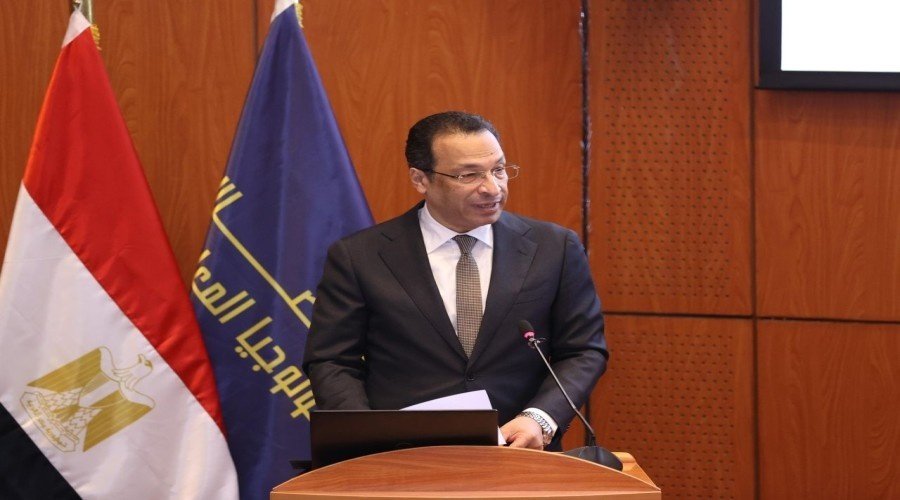Top executives from the global investment community are issuing stark warnings about a potential financial bubble forming in the artificial intelligence sector. Despite a record-breaking influx of billions of dollars into AI startups, concerns are mounting over inflated valuations that may not reflect the underlying economic realities of these ventures.
Unprecedented Capital Inflow
The AI funding landscape has seen explosive growth. According to data from PitchBook, AI startups raised an astonishing $73.1 billion in the first quarter of 2025 alone, representing nearly 58% of all global venture capital funding. This surge was significantly driven by landmark funding rounds, including a massive $40 billion raise for OpenAI, as investors race to capitalize on the technology’s ascent. Global spending on AI is projected to exceed $2 trillion by 2026, highlighting the immense capital being deployed in the sector.
A Chorus of Caution
This investment frenzy is being met with growing skepticism from industry veterans. Bryan Yeo, Chief Investment Officer at Singapore’s sovereign wealth fund GIC, noted that “there is some overhyped buzz in early-stage projects.” He explained that any startup associated with AI is receiving massive valuations that often dwarf their modest revenues. While this may be justified for a select few, it is far from logical for many others. Similarly, Todd Sisitsky, President of TPG, pointed to the “fear of missing out” as a significant risk factor for investors. Even Sam Altman, CEO of OpenAI, has acknowledged the climate, stating, “Yes, I think we are going through a phase of overestimation.”
Parallels to the Dot-Com Era
The current market conditions are drawing comparisons to the dot-com bubble of the late 1990s. Torsten Slok, Chief Economist at Apollo Group, asserted that AI stocks have become more highly valued than internet company stocks were in 1999. A recent report from UBS also warned that AI sector valuations are “flashing red,” suggesting that any slowdown in cash flow could trigger widespread shocks. However, some analysts offer a more nuanced perspective. Dan Ives of Wedbush argues that the current environment is more akin to 1996 during the internet’s early growth phase, not 1999 on the eve of the crash. He predicts that while some capital will be lost, AI, like the internet, will fundamentally reshape the global economy.
Relevance for the MENA Ecosystem
For the MENA startup and VC community, these global trends serve as a critical cautionary tale. As regional investors and funds increase their exposure to AI, the pressure to participate in high-valuation rounds is immense. However, the warnings from global leaders underscore the importance of rigorous due diligence and a focus on sustainable business models over hype. MENA founders in the AI space should prioritize building real-world value and demonstrating clear paths to profitability rather than relying solely on the current funding momentum. For VCs, the challenge lies in identifying genuinely transformative companies while avoiding the pitfalls of a potentially overheated market.
About OpenAI
OpenAI is an AI research and deployment company. Its mission is to ensure that artificial general intelligence (AGI)—AI systems that are generally smarter than humans—benefits all of humanity. The company is known for developing advanced large language models like GPT-4 and the popular AI chatbot, ChatGPT.
Source: Thawabit














